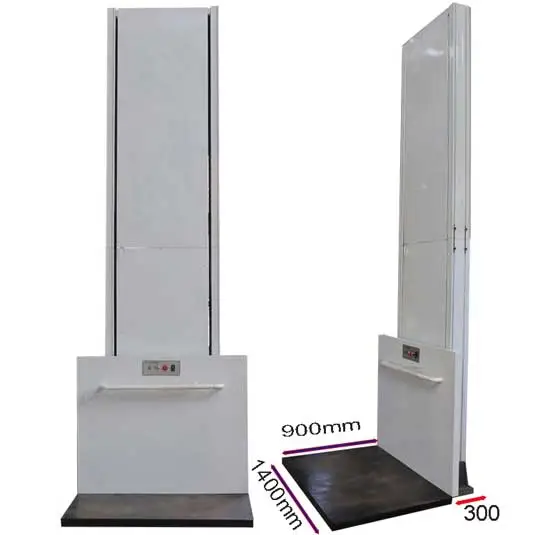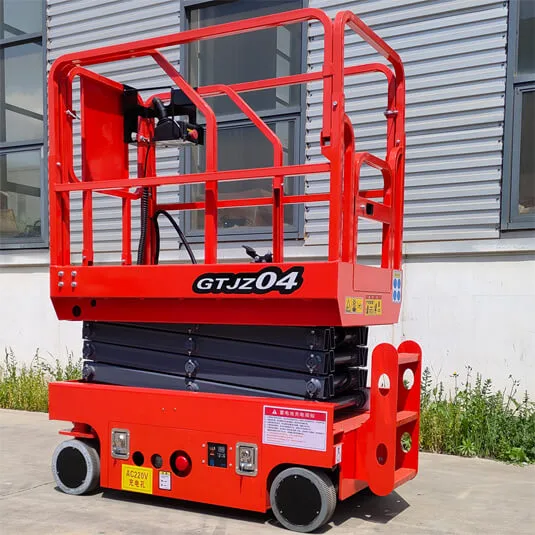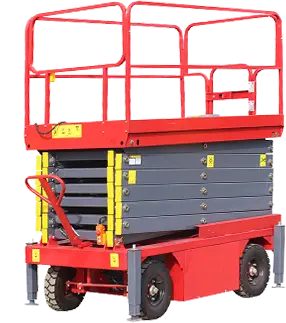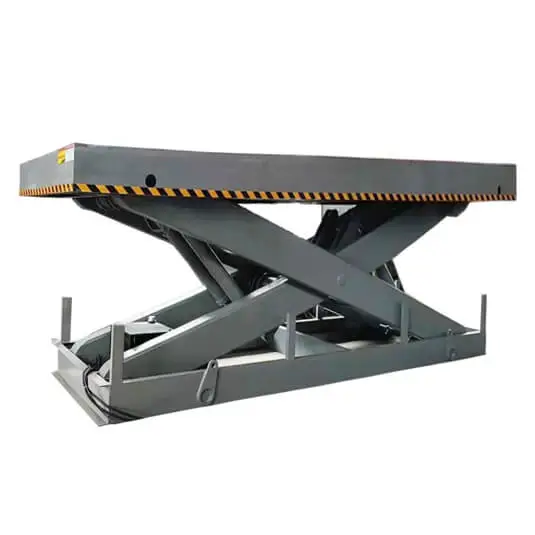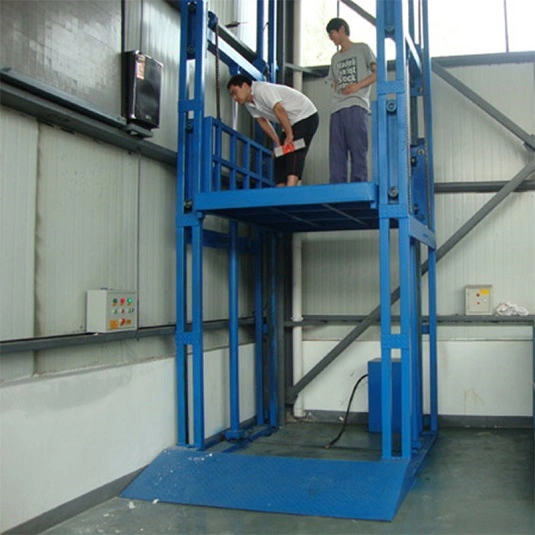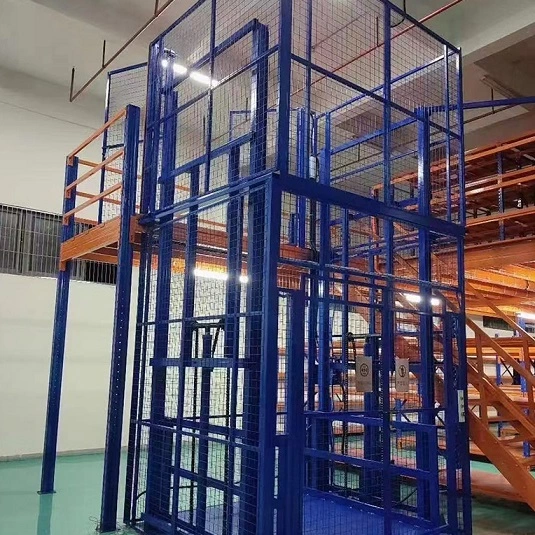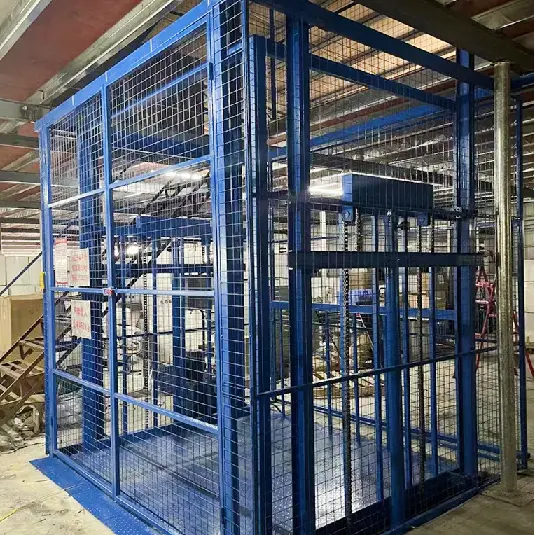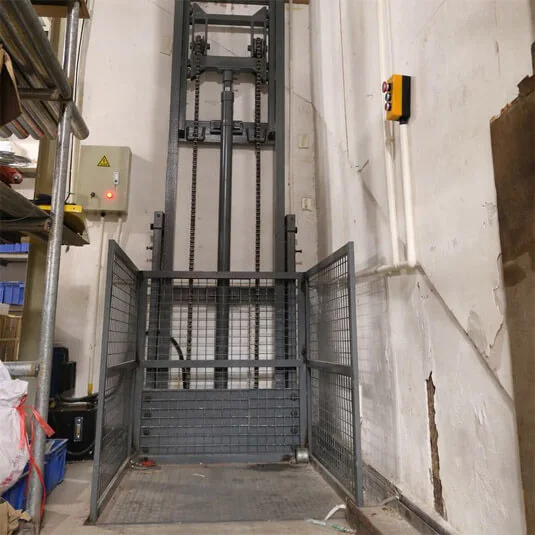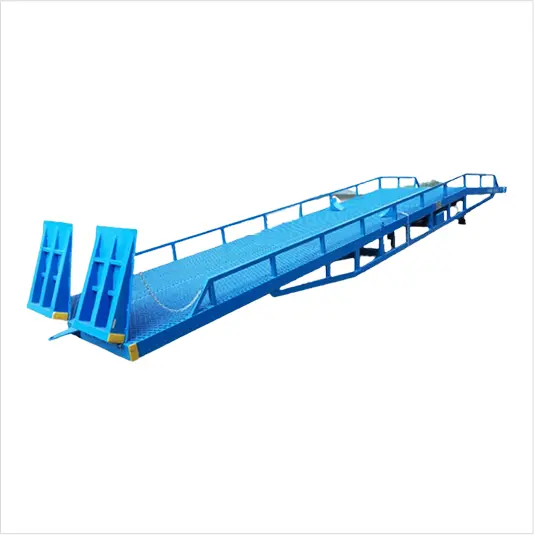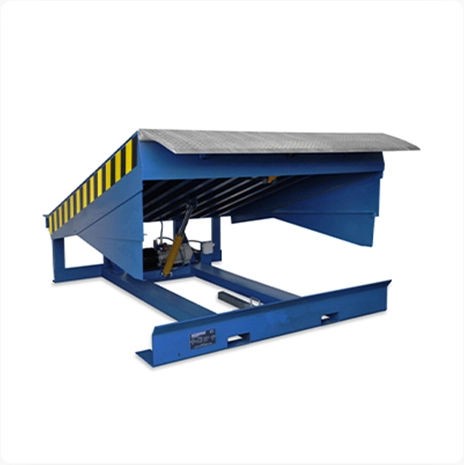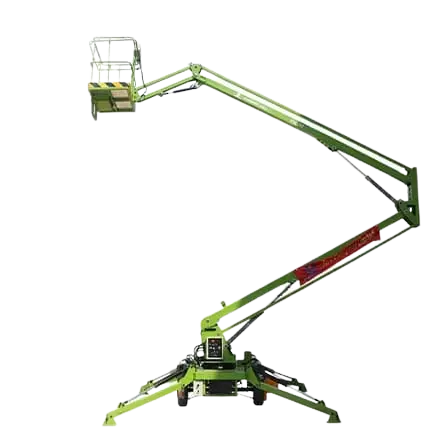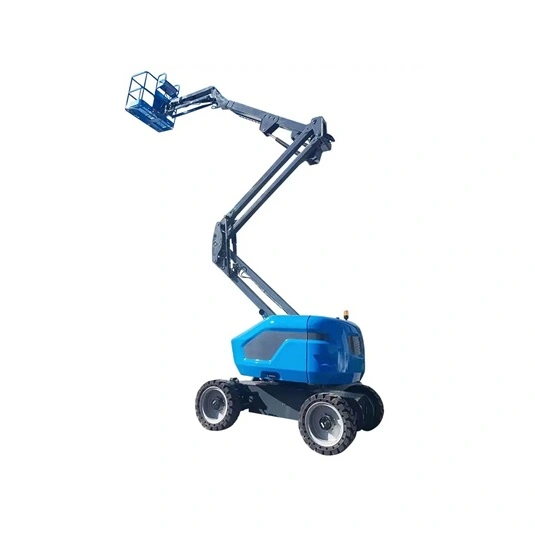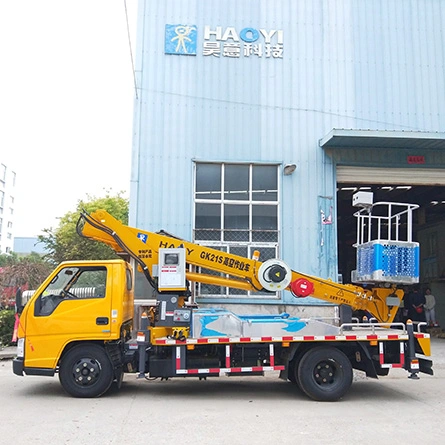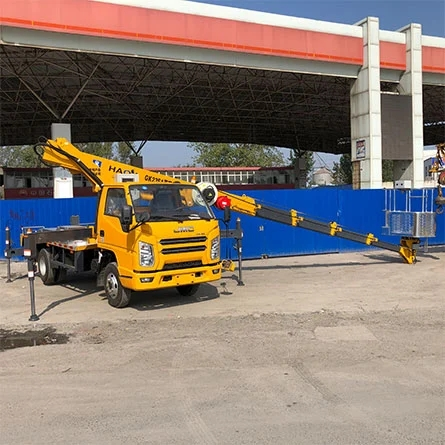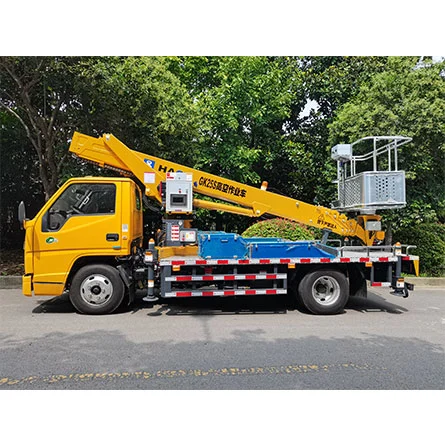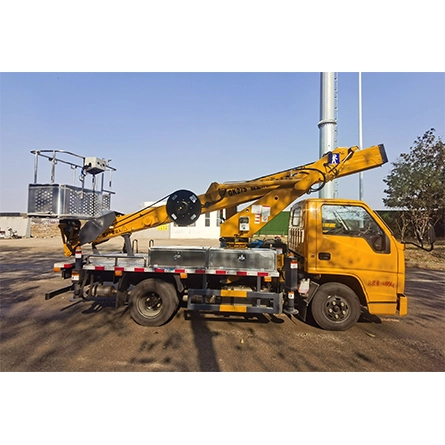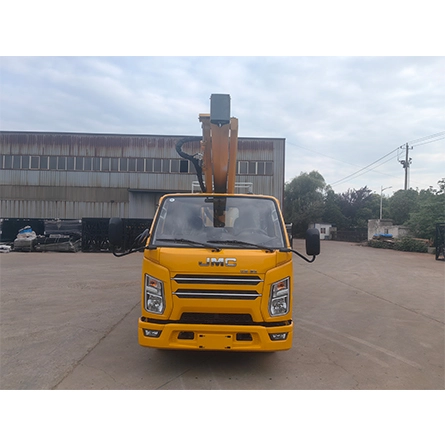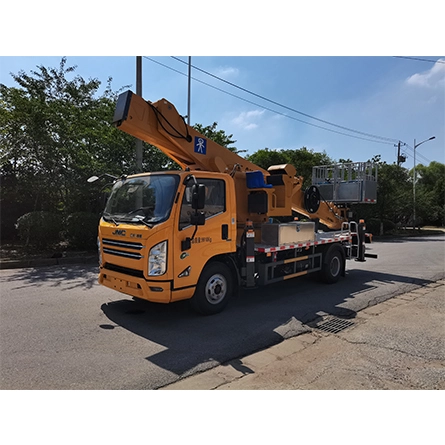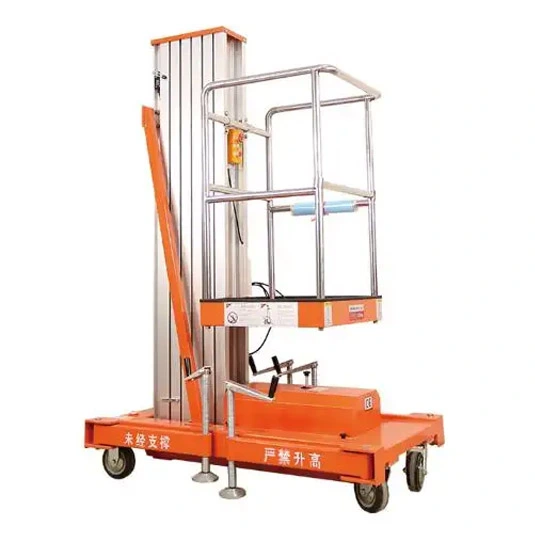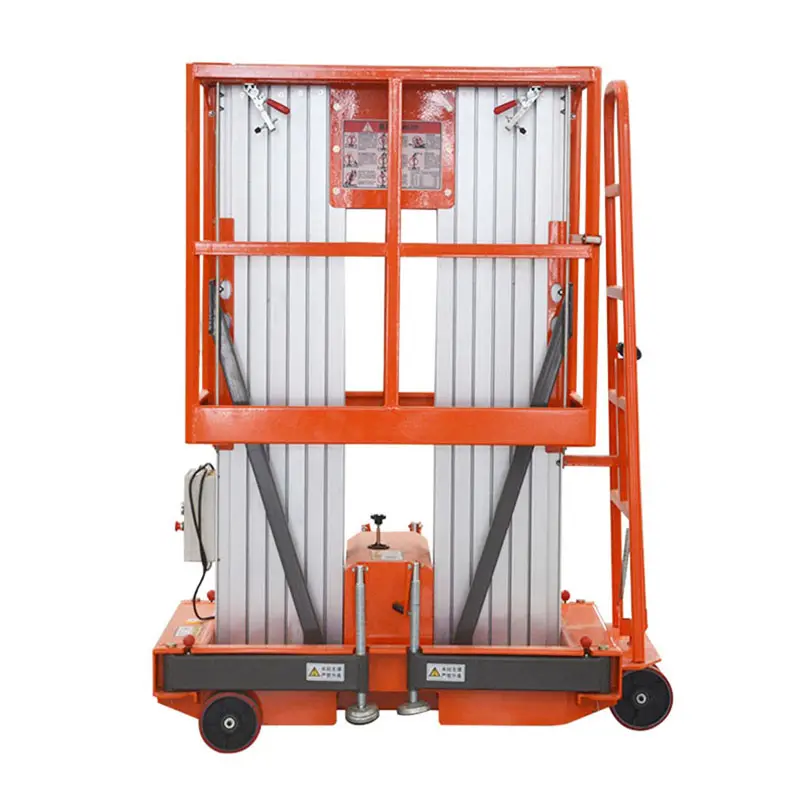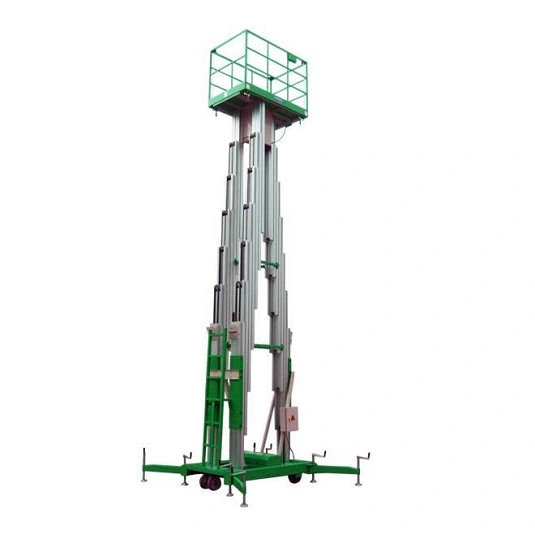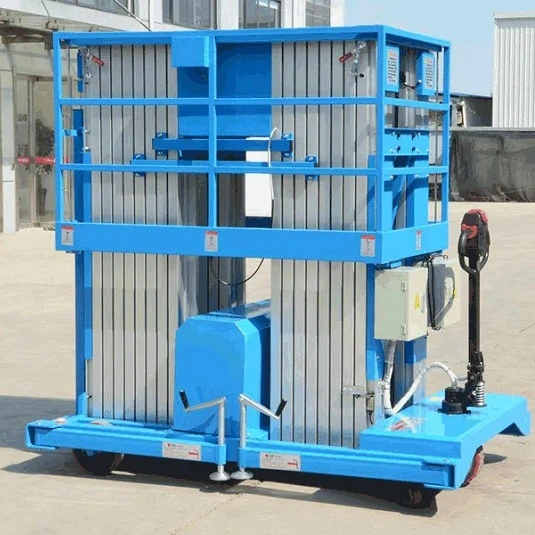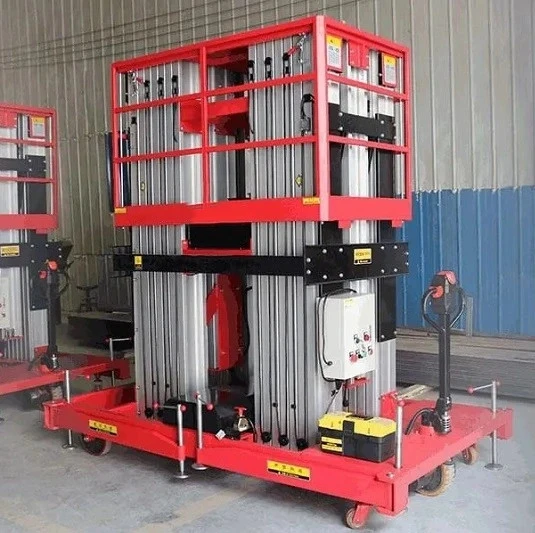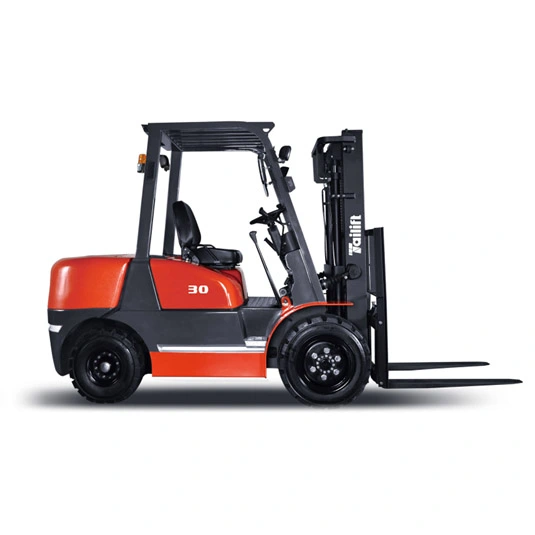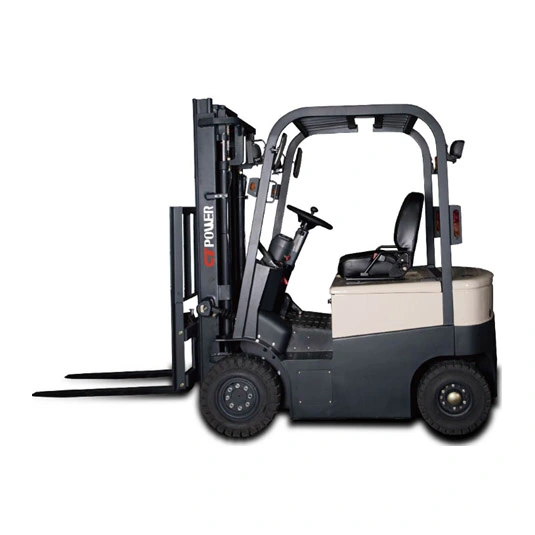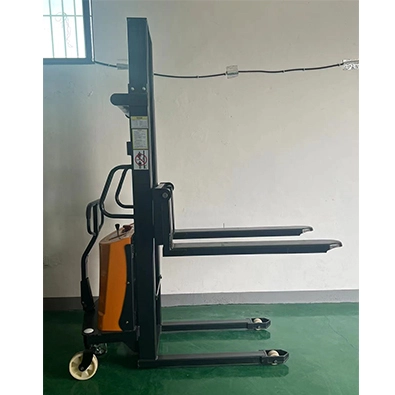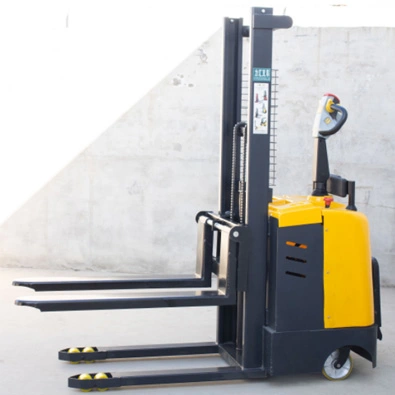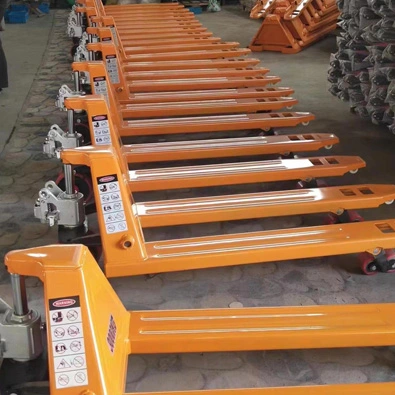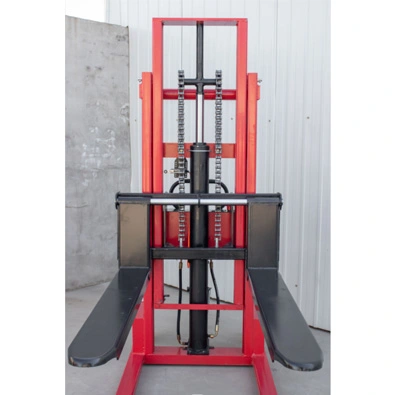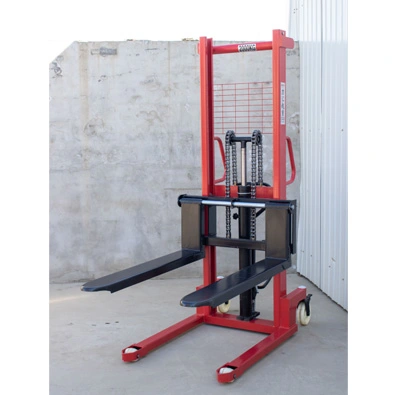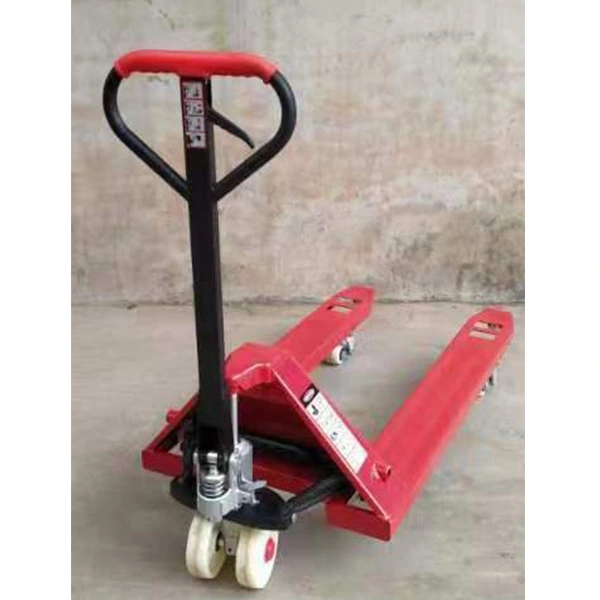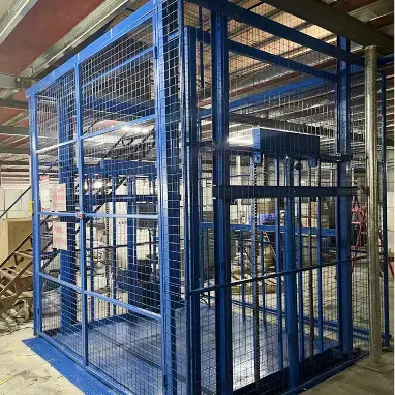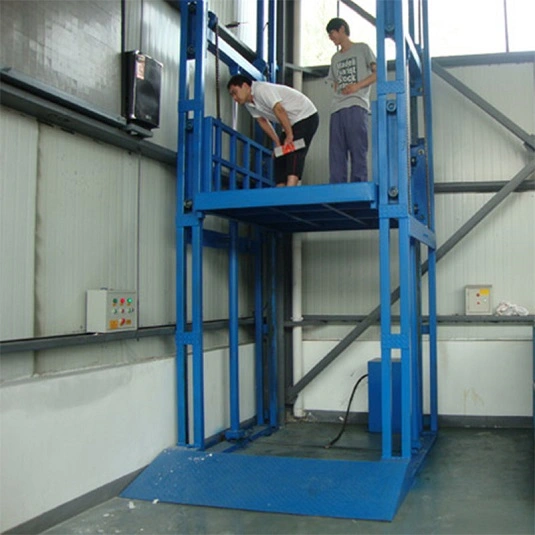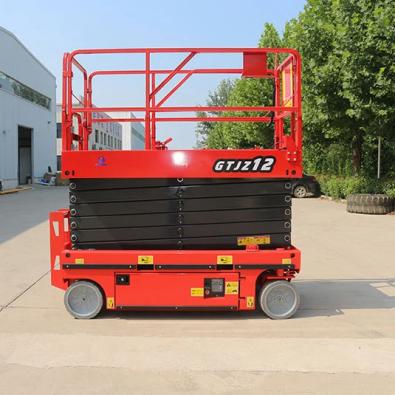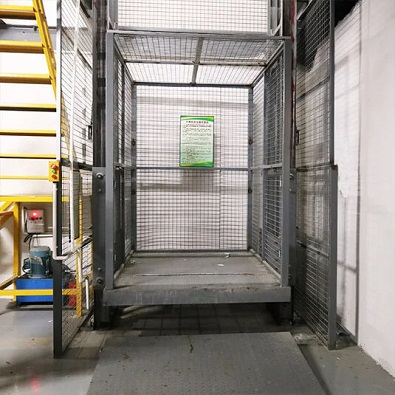In the fast-paced world of logistics and supply chain management, the efficiency of operations is a critical determinant of success. Warehouses, often the epicenter of these operations, are constantly seeking innovative solutions to enhance productivity. Among these solutions, the warehouse cargo elevator emerges as a key player, revolutionizing the vertical dimension of logistics. In this blog, we delve into the pivotal role that warehouse cargo elevators play in optimizing logistics and streamlining warehouse operations.
Ascending Through Space: Maximizing Vertical Storage
Traditional warehousing often faced limitations in utilizing vertical space efficiently. Warehouse cargo elevator breaks these barriers by providing a seamless means to transport goods between different vertical levels. This ability to ascend through space allows warehouses to optimize storage by utilizing vertical shelving and racking systems. The result is a more compact, organized, and space-efficient storage solution, enabling warehouses to store a larger inventory without expanding their physical footprint.
Time is Money: Speeding Up Vertical Movement
In the world of logistics, time is a precious commodity. Warehouse cargo elevators contribute significantly to time-saving strategies by expediting the vertical movement of goods. Traditional methods, such as manually transporting items up or down stairs, can be labor-intensive and time-consuming. Cargo lift for sale, on the other hand, offer a swift and efficient means of transporting goods between different floors. This increased speed in vertical movement translates to faster order fulfillment, reduced lead times, and an overall improvement in the responsiveness of warehouse operations.
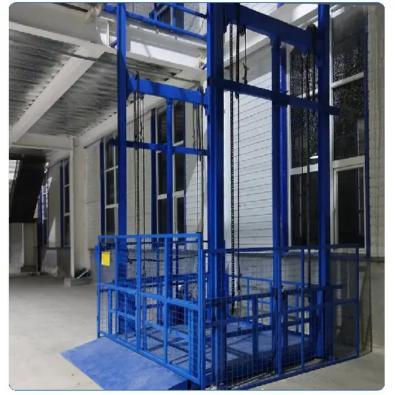
Precision and Accuracy: Targeted Picking and Sorting
Warehouse freight elevator brings a new level of precision to the picking and sorting process. With goods efficiently organized across vertical levels, picking teams can focus on specific zones without the need to navigate through expansive horizontal spaces. This targeted approach minimizes errors, enhances accuracy in order fulfillment, and ultimately improves customer satisfaction. Warehouse managers can implement sophisticated picking algorithms, leveraging the vertical layout made possible by cargo elevators to optimize the routing of items and streamline the entire fulfillment process.
Safety First: Minimizing Manual Handling Risks
The introduction of warehouse cargo elevators aligns with a commitment to safety in warehouse environments. Manual handling of heavy or bulky items poses risks to workers and can lead to workplace injuries. Cargo elevators mitigate these risks by automating the vertical movement of goods. By reducing the reliance on manual labor for vertical transportation, warehouses enhance workplace safety, reduce the likelihood of accidents, and create a more secure environment for their workforce.
Adaptability in Operations: Catering to Varied Inventory Needs
One of the standout features of warehouse cargo elevators is their adaptability. These systems are designed to accommodate a wide range of inventory types, from small and fragile items to large and heavy machinery. The versatility of cargo elevators allows warehouses to cater to diverse inventory needs without compromising on efficiency. Whether dealing with perishable goods, electronics, or automotive parts, the adaptability of cargo elevators makes them a valuable asset in the logistics toolkit.
In conclusion, the integration of warehouse cargo elevators marks a significant leap forward in the quest for vertical efficiency in logistics. These systems go beyond mere transportation; they redefine how warehouses approach storage, order fulfillment, and overall operational optimization. As the logistics landscape continues to evolve, the role of warehouse cargo elevators becomes increasingly indispensable, offering a vertical solution to the complex puzzle of efficient and streamlined warehouse management.
Related topics recommendations:
Lightweight articulating boom lift
Electric hydraulic scissor lift
Narrow electric articulating boom lift
25m scissor lift
Vehicle mounted boom lift
Scissor lift maintenance
Articulating boom lift definition

